Build Trust, Not Buzzwords: A Dev-Centric Approach to Advertising on DEV
Traditional advertising approaches fall flat in an ecosystem where authenticity reigns and developers can spot marketing fluff from a mile away. As someone who's been diving deep into developer communities like DEV, I've learned that the how of advertising matters just as much as the where. Why DEV is Different DEV isn't just another platform to place an ad. It's a vibrant hub where developers learn, teach, and build together. The community here values: Technical depth over superficial claims Practical solutions over vague promises Authentic voices over corporate speak Educational content over promotional material This means our approach needs to match these values. What Works: Lessons from the Trenches After analyzing performance metrics and speaking with successful advertisers on DEV, here are the approaches that consistently deliver value and results: Educate First, Sell Later (or Never) Instead of pushing your product, teach something valuable. Share how your tool solves a real-world dev problem that others are facing. javascript // Instead of this: const marketingApproach = "Try our amazing DevOps solution now!"; // Do this: function valuableContent() { return How We Cut CI/CD Time in Half with ${toolName} (with step-by-step implementation); } Code is the Universal Language Nothing builds credibility faster than working code. Always include practical examples, GitHub repos, or interactive demos. python Example of sharing actual implementation details def reduce_pipeline_time(build_config): # Identify parallelizable steps parallel_steps = find_parallel_dependencies(build_config) # Configure caching strategy cache_strategy = implement_layer_caching(build_config) return { "parallel_config": parallel_steps, "cache_config": cache_strategy, "estimated_savings": "40-60% reduction" } 3. Be Problem-Solution-Oriented Start with a developer pain point we all recognize, then walk through a specific, technically detailed solution. Problem: Debugging intermittent failures in distributed systems Solution: Implementing distributed tracing with OpenTelemetry Building custom debugging dashboards Setting up automated anomaly detection Keep It Real Share your journey, including the failures. Developers appreciate honest accounts of technical challenges more than polished success stories. If you're writing like you're pitching to VCs, you're doing it wrong. If you're writing like you're helping a fellow developer solve a problem they're stuck on, you're on the right track. Metrics That Matter When measuring success on DEV, look beyond impressions and clicks: Code usage: Are developers implementing your examples? GitHub engagement: Stars, forks, and PRs on shared repositories Comment quality: Technical questions and discussions, not just compliments Long-term references: Articles that become resources others link to Want to Advertise on DEV? Build, Share, Teach. The best advertising on DEV doesn't feel like advertising at all. It feels like learning something new, getting inspired, or solving a problem that's been bothering you for weeks. That's the bar we all should aim for. DEV has even compiled a Developer Advertising Best Practices Guide with data-backed tips, examples, and dos/don'ts. I found it extremely helpful in aligning our content with what the community values. Let's build trust through transparency, not traffic through tricks. Looking forward to sharing more soon, and hearing how others are creating developer-first content too.
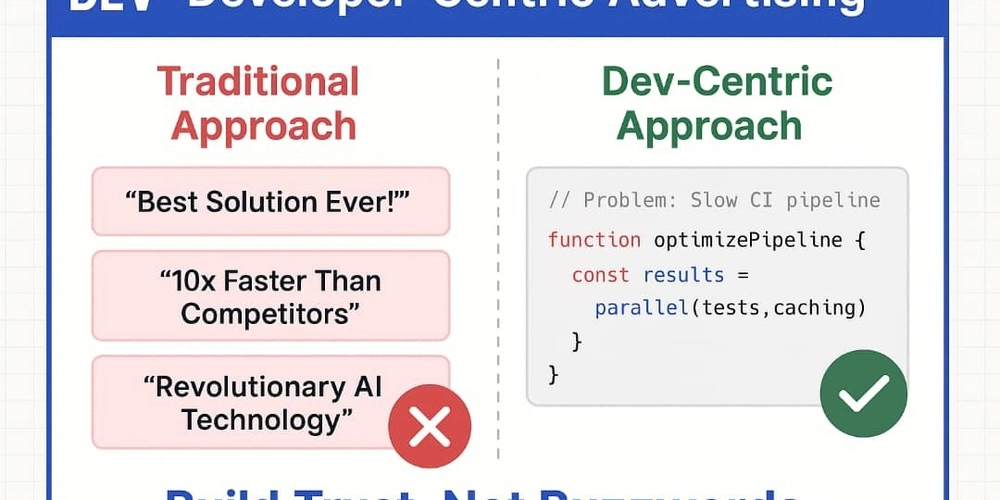
Traditional advertising approaches fall flat in an ecosystem where authenticity reigns and developers can spot marketing fluff from a mile away. As someone who's been diving deep into developer communities like DEV, I've learned that the how of advertising matters just as much as the where.
Why DEV is Different
DEV isn't just another platform to place an ad. It's a vibrant hub where developers learn, teach, and build together. The community here values:
- Technical depth over superficial claims
- Practical solutions over vague promises
- Authentic voices over corporate speak
- Educational content over promotional material
This means our approach needs to match these values.
What Works: Lessons from the Trenches
After analyzing performance metrics and speaking with successful advertisers on DEV, here are the approaches that consistently deliver value and results:
- Educate First, Sell Later (or Never)
Instead of pushing your product, teach something valuable. Share how your tool solves a real-world dev problem that others are facing.
javascript
// Instead of this:
const marketingApproach = "Try our amazing DevOps solution now!";
// Do this:
function valuableContent() {
return How We Cut CI/CD Time in Half with ${toolName};
(with step-by-step implementation)
}
- Code is the Universal Language
Nothing builds credibility faster than working code. Always include practical examples, GitHub repos, or interactive demos.
python
Example of sharing actual implementation details
def reduce_pipeline_time(build_config):
# Identify parallelizable steps
parallel_steps = find_parallel_dependencies(build_config)
# Configure caching strategy
cache_strategy = implement_layer_caching(build_config)
return {
"parallel_config": parallel_steps,
"cache_config": cache_strategy,
"estimated_savings": "40-60% reduction"
}
3. Be Problem-Solution-Oriented
Start with a developer pain point we all recognize, then walk through a specific, technically detailed solution.
Problem: Debugging intermittent failures in distributed systems
Solution:
- Implementing distributed tracing with OpenTelemetry
- Building custom debugging dashboards
-
Setting up automated anomaly detection
- Keep It Real
Share your journey, including the failures. Developers appreciate honest accounts of technical challenges more than polished success stories.
If you're writing like you're pitching to VCs, you're doing it wrong. If you're writing like you're helping a fellow developer solve a problem they're stuck on, you're on the right track.
Metrics That Matter
When measuring success on DEV, look beyond impressions and clicks:
- Code usage: Are developers implementing your examples?
- GitHub engagement: Stars, forks, and PRs on shared repositories
- Comment quality: Technical questions and discussions, not just compliments
- Long-term references: Articles that become resources others link to
Want to Advertise on DEV? Build, Share, Teach.
The best advertising on DEV doesn't feel like advertising at all. It feels like learning something new, getting inspired, or solving a problem that's been bothering you for weeks. That's the bar we all should aim for.
DEV has even compiled a Developer Advertising Best Practices Guide with data-backed tips, examples, and dos/don'ts. I found it extremely helpful in aligning our content with what the community values.
Let's build trust through transparency, not traffic through tricks. Looking forward to sharing more soon, and hearing how others are creating developer-first content too.

















































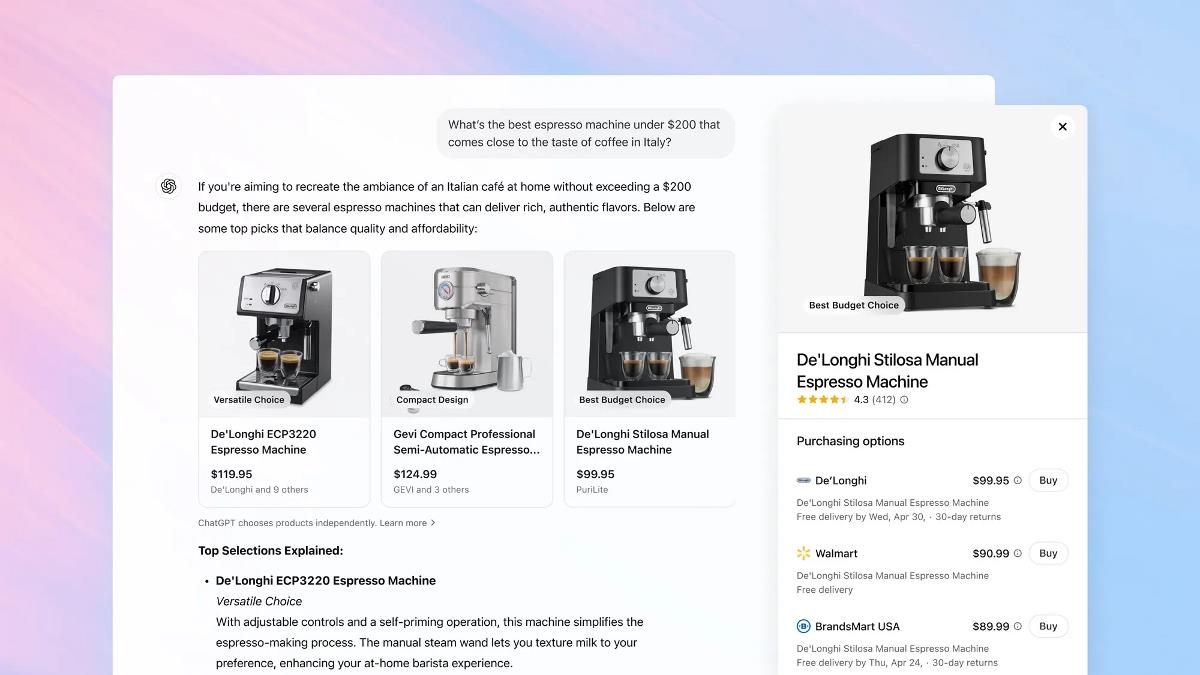



















![Apple Restructures Global Affairs and Apple Music Teams [Report]](https://www.iclarified.com/images/news/97162/97162/97162-640.jpg)
![New iPhone Factory Goes Live in India, Another Just Days Away [Report]](https://www.iclarified.com/images/news/97165/97165/97165-640.jpg)


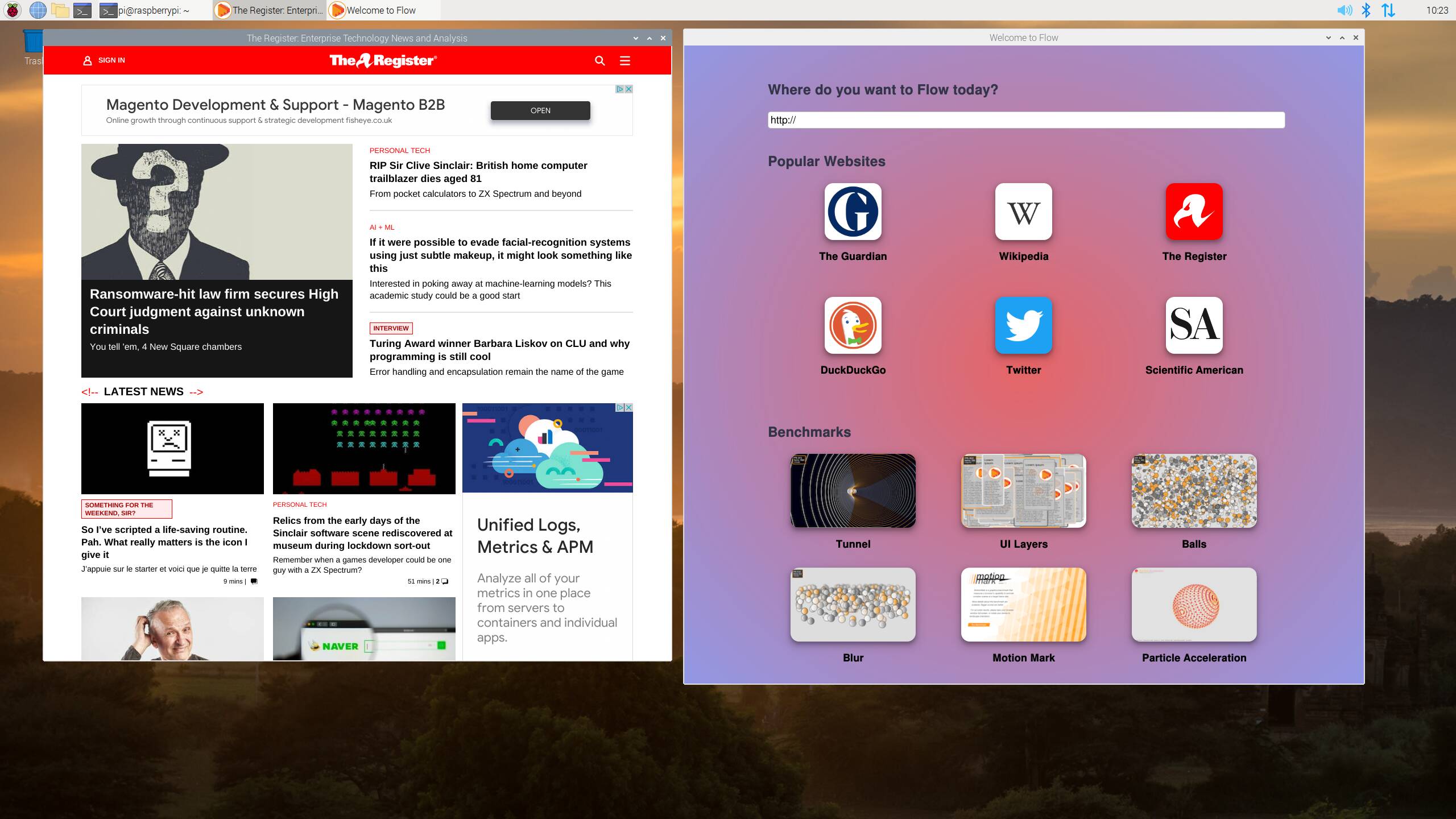





















































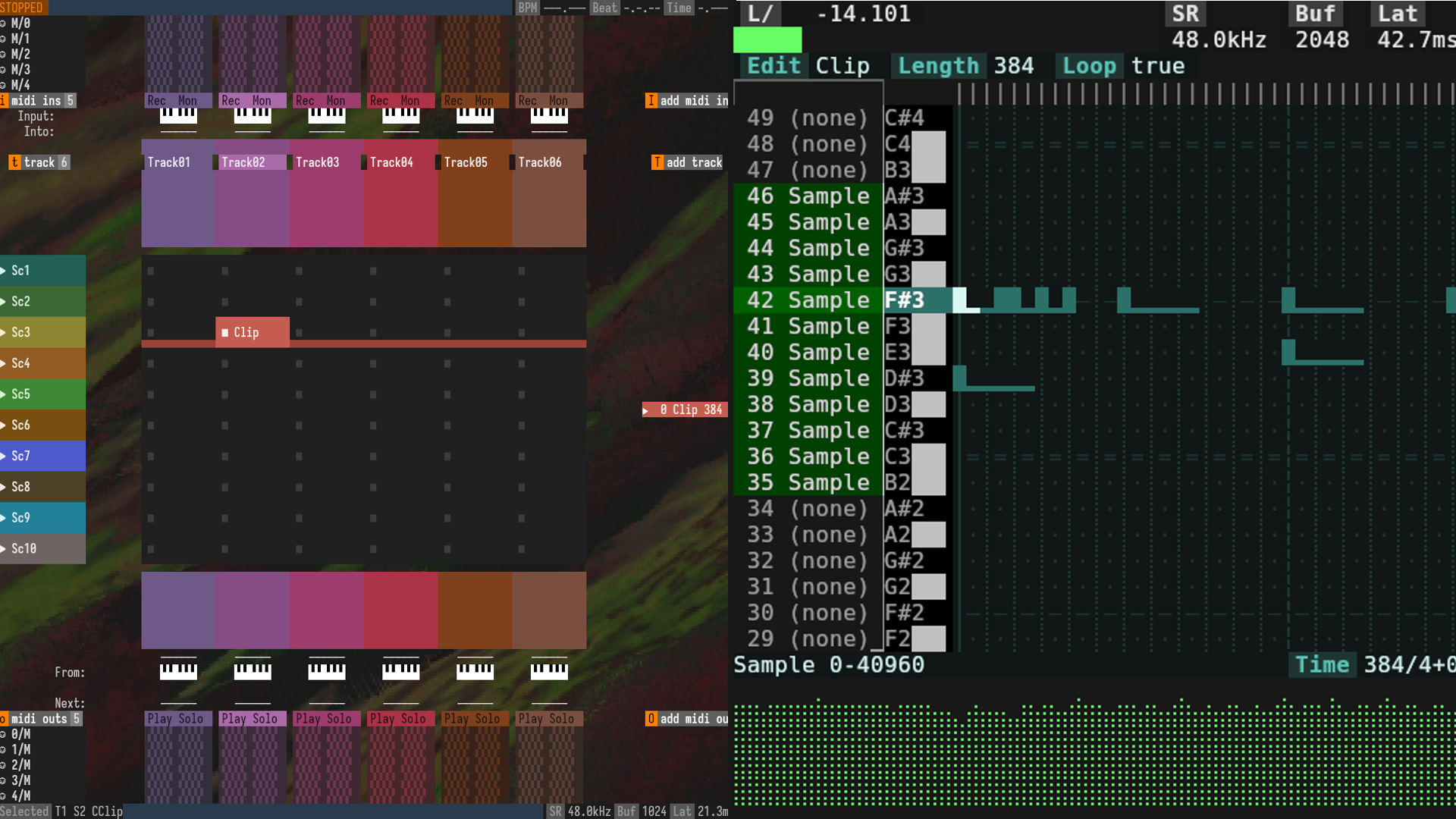


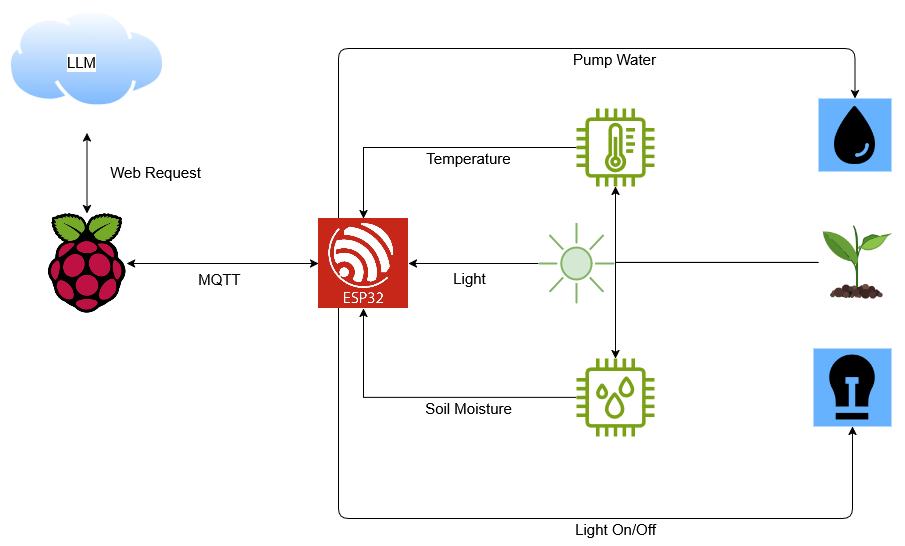














































.webp?#)


































































































































![[The AI Show Episode 145]: OpenAI Releases o3 and o4-mini, AI Is Causing “Quiet Layoffs,” Executive Order on Youth AI Education & GPT-4o’s Controversial Update](https://www.marketingaiinstitute.com/hubfs/ep%20145%20cover.png)


















































































































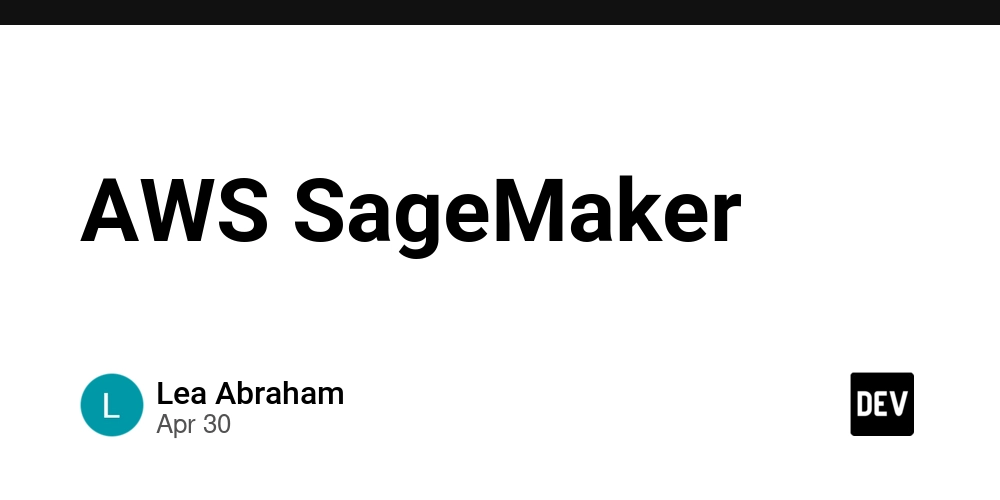



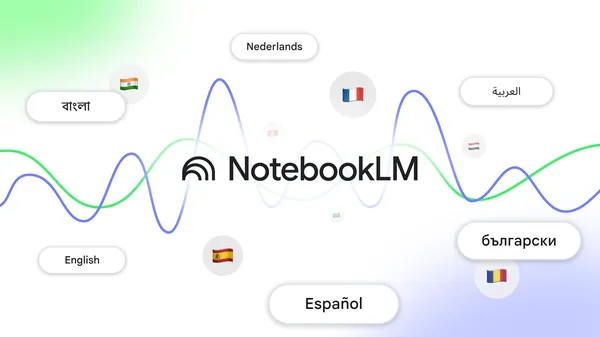

























































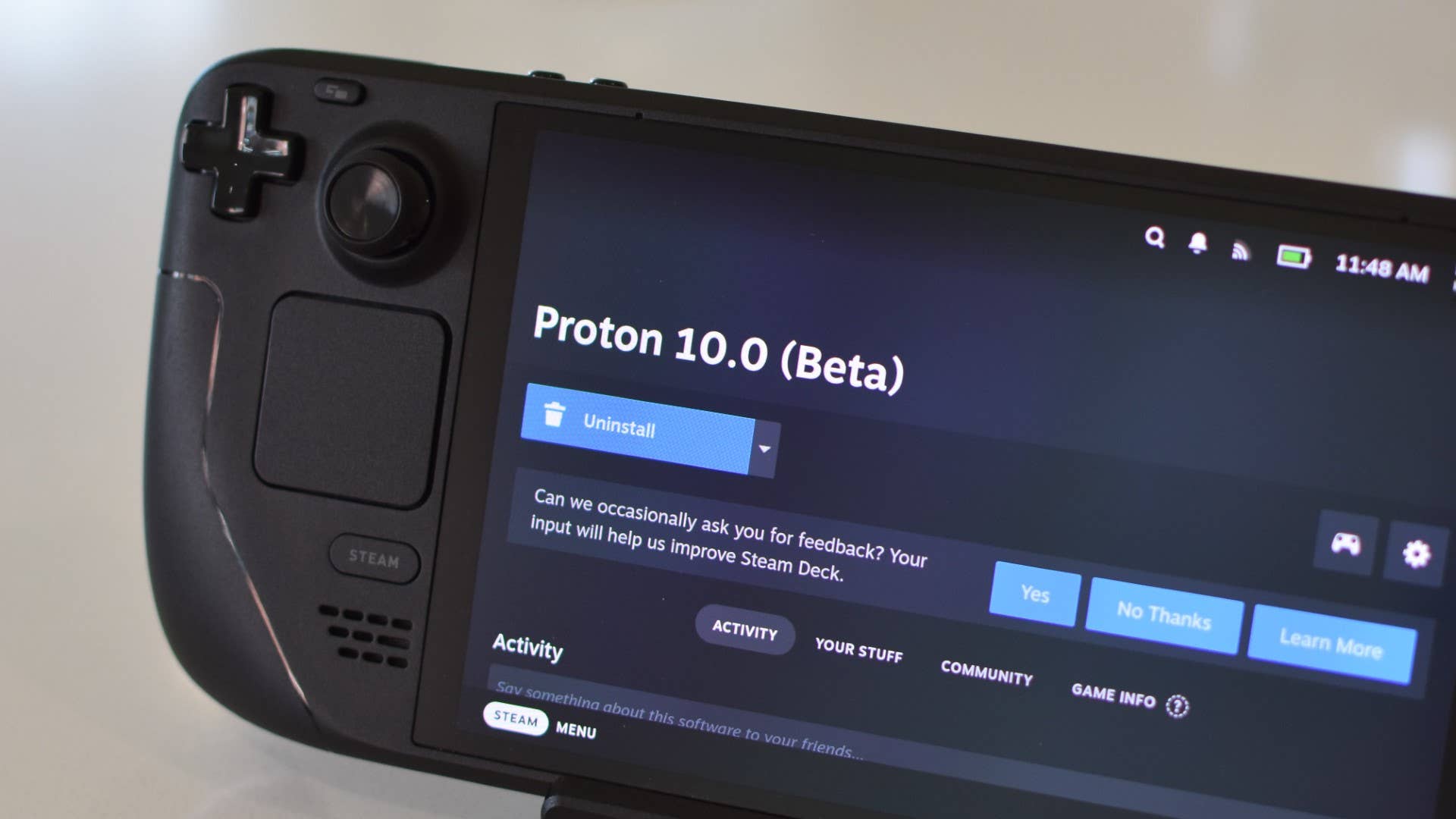











_XFkvNLu.png?width=1920&height=1920&fit=bounds&quality=70&format=jpg&auto=webp#)



































































